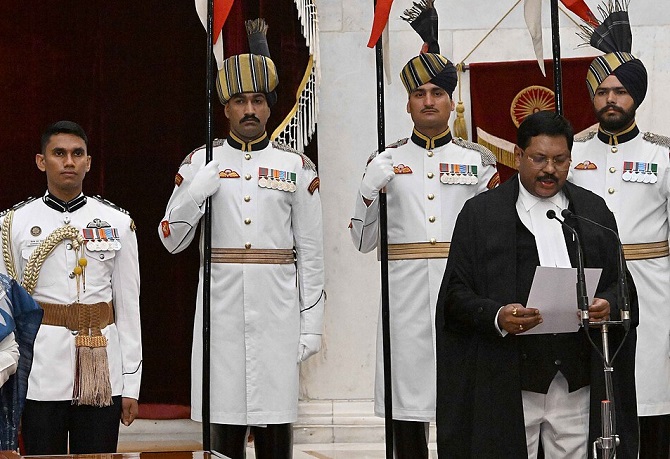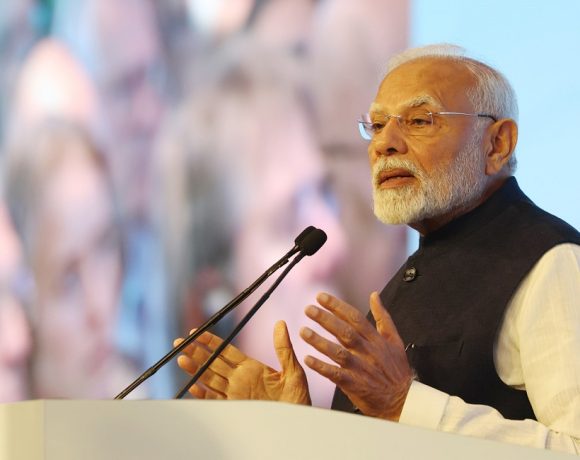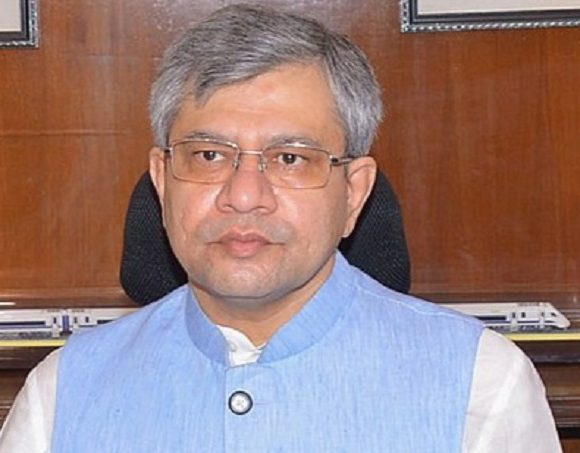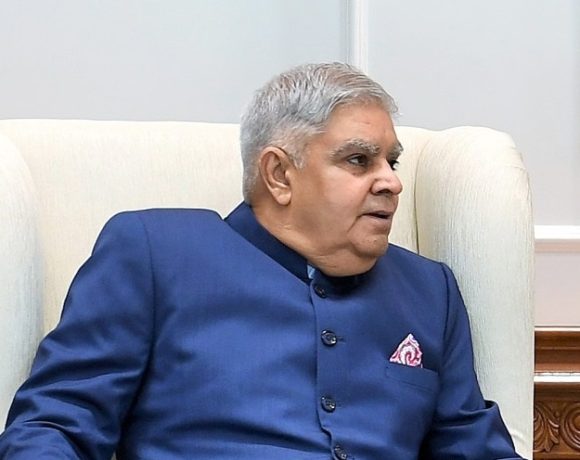
CJI Gavai: Article 370 Opposed Ambedkar’s One Nation Vision
Chief Justice of India D.Y. Chandrachud and Justice B.R. Gavai were present at an event hosted by the B.R. Ambedkar University in New Delhi, where they addressed Ambedkar’s foundational ideals and the current constitutional framework of India. During his address, Justice Gavai made a pointed observation regarding the now-abrogated Article 370 of the Indian Constitution.
Article 370 and Ambedkar’s Vision
Referring to the special status that Article 370 granted to Jammu and Kashmir, Justice Gavai stated: “Dr. Ambedkar was of the firm view that there should be one Constitution for the entire country to maintain its unity and integrity. However, Article 370 created a different kind of exception, which was not in sync with this idea.”
He emphasized that Ambedkar, as the chief architect of the Indian Constitution, had not drafted Article 370 and was in fact opposed to any provision that deviated from the principle of uniformity in constitutional application. Gavai said this distinction ran contrary to Ambedkar’s firm belief in a united, singular constitutional identity for India.
Relevance of Ambedkar’s Ideals Today
Justice Gavai’s remarks come at a time when the debate around constitutional uniformity and the legacy of Article 370 remains politically and legally charged. He further said: “We have a rich Constitution today because of Dr. Ambedkar’s foresight. His emphasis on equality, fraternity, and unity was never in favour of allowing special provisions for any region that undermined national cohesion.”
Justice Gavai added that the Supreme Court’s 2023 verdict upholding the abrogation of Article 370 was consistent with Ambedkar’s philosophy. The move, according to him, helped fulfill the vision of a single, inclusive Constitution applicable to all Indian citizens regardless of geography.
A Call to Reinforce Constitutional Morality
Justice Gavai also urged the audience, especially the youth, to revisit Ambedkar’s concept of “constitutional morality.” He described it as essential for safeguarding democracy in modern India. “In the true sense, democracy is not just about the electoral process but how we uphold the Constitution in every aspect of life,” he noted.
Both Chief Justice Chandrachud and Justice Gavai called for a deeper engagement with Ambedkar’s constitutional ideas, asserting their enduring relevance in shaping an egalitarian society.
The remarks have stirred fresh discourse about how historic decisions like Article 370 should be understood through the lens of foundational constitutional philosophy, rather than just contemporary political logic.


















